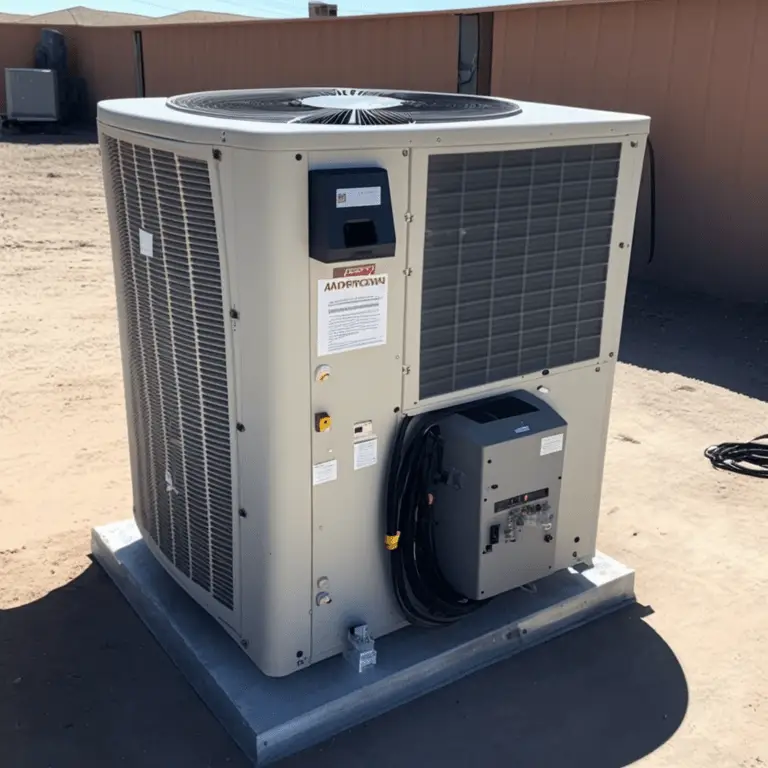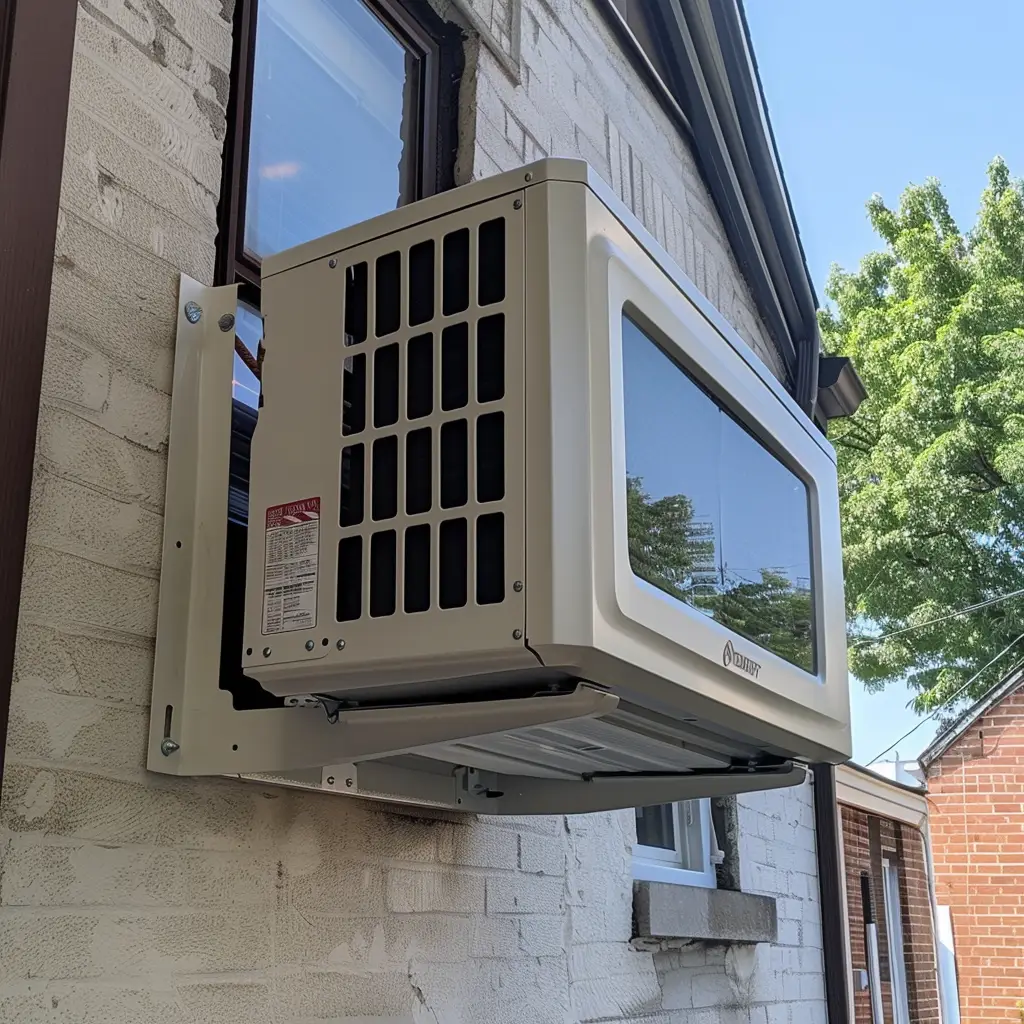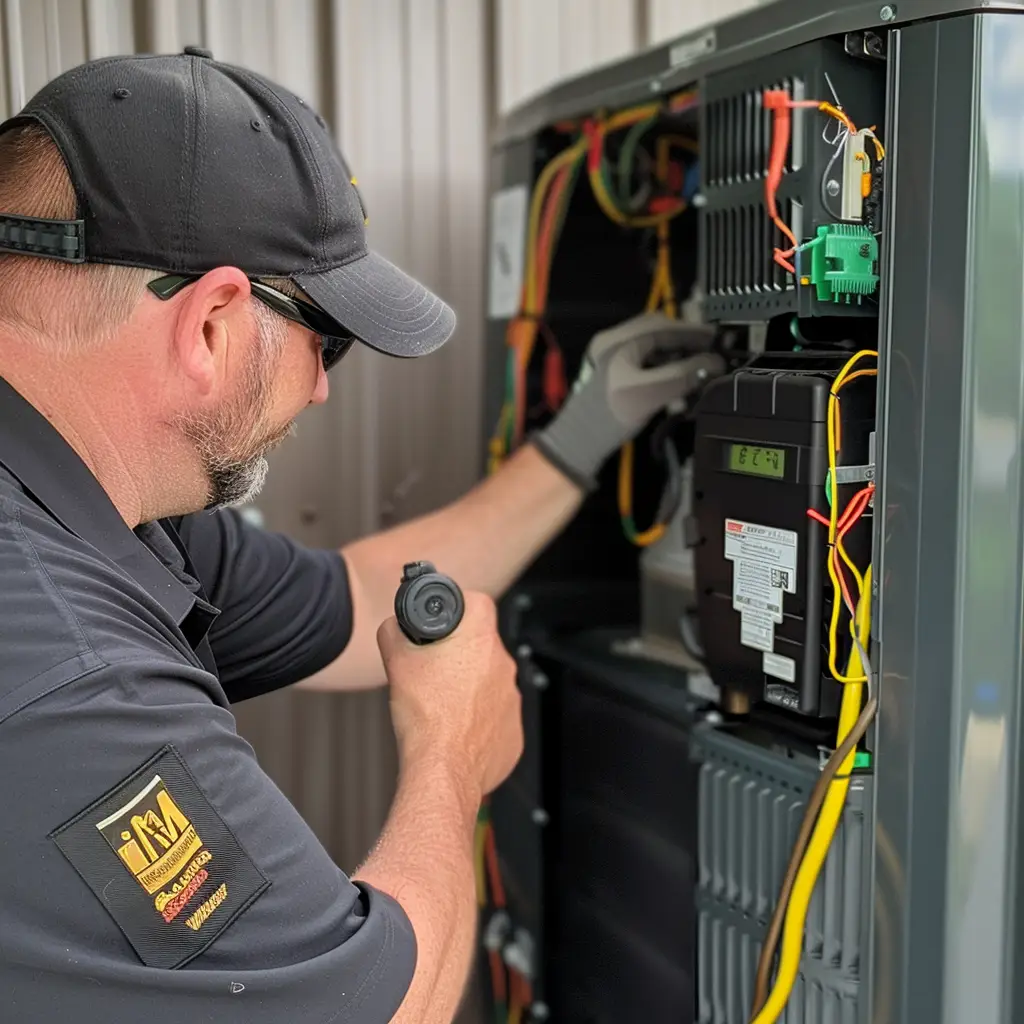Introduction to HVAC Systems
Heating, Ventilation, and Air Conditioning (HVAC) systems are essential for maintaining comfortable indoor temperatures and air quality in our homes. But have you ever wondered how to choose the right size HVAC unit? Selecting the proper size is crucial for efficient energy consumption and maintaining a comfortable living environment.
In this article, we will explore the factors to consider when choosing an HVAC unit and the methods for calculating the correct size for your home.
The Importance of Choosing the Right HVAC Size
Choosing the right HVAC size is essential for several reasons:
- Energy efficiency: A properly sized unit will consume less energy, reducing your utility bills and environmental impact.
- Comfort: An appropriately sized unit will provide consistent temperature and humidity levels, ensuring a comfortable living space.
- Lifespan: Properly sized units undergo less wear and tear, extending their lifespan and reducing maintenance costs.
Factors to Consider When Selecting an HVAC Unit
When selecting an HVAC unit, you must consider several factors to ensure the best fit for your home:
Square Footage of Your Home
The size of your home is the most crucial factor in determining the right HVAC unit size. A larger space requires a more powerful unit, while a smaller space will need a less powerful one. Measure the square footage of your home to get started. Learn how to calculate the best size air conditioner for your home.
Climate and Geographic Location
Your home’s location and local climate play significant roles in determining the required HVAC size. Homes in colder climates need more powerful heating systems, while those in warmer areas require more robust cooling systems.
Home Insulation
Proper insulation helps maintain indoor temperature and reduces energy consumption. A well-insulated home requires a smaller HVAC unit than a poorly insulated one.
Windows and Doors
The number and quality of windows and doors can affect the size of the HVAC unit required. Energy-efficient windows and well-sealed doors reduce the load on the HVAC system.
Number of Occupants
The number of people living in your home affects the HVAC unit size needed. More people generate more heat and moisture, requiring a more powerful system to maintain comfortable conditions.
Budget and Energy Efficiency
Consider your budget and desired energy efficiency when selecting an HVAC unit. Higher efficiency units may cost more upfront but can save you money in the long run through lower energy bills.
Methods for Calculating the Correct HVAC Size
There are two primary methods for calculating the right HVAC size for your home:
Manual J Load Calculation
This method, recommended by the Air Conditioning Contractors of America (ACCA), involves a detailed analysis of your home’s construction, insulation, windows, and other factors. A professional HVAC technician typically performs this calculation to ensure the most accurate results and recommend the best HVAC size for your home.
Rule of Thumb Method
The rule of thumb method is a simpler approach, typically based on your home’s square footage. For example, a common rule of thumb is 1 ton of cooling capacity for every 500-600 square feet of living space. However, this method may not account for all factors influencing your home’s HVAC needs and can result in over- or under-sizing.
Common HVAC Sizing Mistakes
When selecting an HVAC unit, it’s essential to avoid these common sizing mistakes:
Over-sizing
An oversized HVAC unit may seem like a good idea, as it can quickly heat or cool your home. However, it can lead to short cycling, inefficient energy consumption, increased wear and tear, and reduced system lifespan.
Under-sizing
An undersized unit may struggle to maintain comfortable temperatures, especially during extreme weather conditions. It may run continuously, leading to increased energy bills and accelerated wear and tear.
Trust AirPoint to Help You Choose the Right HVAC System
Choosing the right size HVAC unit is essential for energy efficiency, comfort, and system longevity. Consider factors such as your home’s square footage, climate, insulation, and number of occupants when selecting a unit. To ensure you make the right choice and avoid common sizing mistakes, it’s always best to consult with a professional HVAC technician.
At AirPoint, we have the expertise to help you find the perfect HVAC unit for your home. As a Carrier factory authorized dealer and NATE certified company in Toronto, we take pride in offering top-quality products and services. Our dedication to excellence has earned us the HomeStars Best of the Best 2023 award and a 5-star rating on both Google and HomeStars. All our technicians are fully certified by TSSA, HRAI, and CSA, ensuring that you receive the highest level of service and professionalism.
By working with a reputable company like AirPoint, you can trust that you’re making an informed decision about the right HVAC unit for your home. Don’t hesitate to reach out for expert advice and assistance when it comes to selecting the perfect HVAC system to meet your needs.
To learn more about how to choose the right size HVAC system for your home, watch this video by Fire & Ice Heating and Air Conditioning Inc
FAQ’s on the Correct HVAC System Size: Expert Insights
How does climate affect the size of the HVAC unit I need?
Climate impacts the heating and cooling demands of your home. Colder climates require more powerful heating systems, while warmer areas need more robust cooling systems.
Can an HVAC unit be too big for my home?
Yes, an oversized HVAC unit can lead to short cycling, inefficient energy consumption, increased wear and tear, and reduced system lifespan.
What is the Manual J Load Calculation?
The Manual J Load Calculation is a detailed analysis of your home's construction, insulation, windows, and other factors to determine the most accurate HVAC size for your home. A professional HVAC technician usually performs it.
Why is proper insulation important when choosing an HVAC unit?
Proper insulation helps maintain indoor temperature, reduces energy consumption, and allows for a smaller HVAC unit.
What is the rule of thumb method for calculating HVAC size?
The rule of thumb method is a simple approach based on your home's square footage. For example, 1 ton of cooling capacity is often recommended for every 500-600 square feet of living space. However, this method may not account for all factors influencing your home's HVAC needs.





